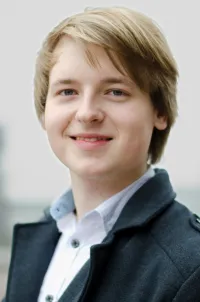Bachelor 2 subject
History, Bachelor 2 subject
- How do we know anything about historical events?
- How are historical events evaluated today?
- To what extent can this reception reveal something about contemporary societies?
- What is history in the first place? Who writes and relates history, and did the things we learn from sources and history books truly happen like that?
- What is memory culture, what is collective memory? Do we need monuments and memorials?
- Why is the First Crusade still relevant in the 21st century?In what way can it be problematic to name streets or places after historical figures?
Profile |
|
|
Degree
|
Bachelor of Arts
|
|
Start
|
Winter- and summer semester
|
|
Duration
|
6 semesters
|
|
Classroom language
|
German
|
|
Admission
|
Not restricted
|
2-Subject Bachelor Programme |
| This degree programme requires a second subject for which advanced knowledge of German language is mandatory. |
Other degree programs in the subject
rub


